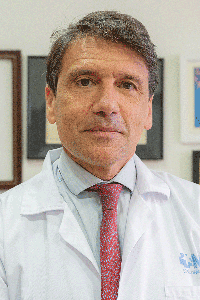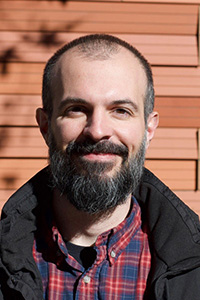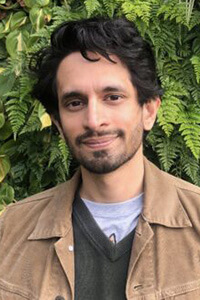Position
Assistant Professor, Psychology
Position
Member, Brain Research Institute, Molecular, Cellular & Integrative Physiology GPB Home Area, Neuroscience GPB Home Area
University
University of California, Los Angeles
Grant or Prize
2014 Young Investigator Grant
Dr. Adhikari joined UCLA’s Psychology Department in 2016, following postdoctoral training at Stanford University with Prof. Karl Deisseroth and Ph.D. studies at Columbia University with Prof. Joshua A. Gordon and Prof. Rene Hen.
Dr. Adhikari’s lab investigates how the brain coordinates the constellation of changes related to emotional behaviors, with a focus on fear and anxiety. These multi-faceted changes involve complex and dynamic adaptations in hormonal, physiological and behavioral realms. Dr. Adhikari dissects how interactions between different brain structures control these processes, seeking insights that shed light on the neural basis of pathological anxiety disorders and adaptive aversion to danger. To do so we use a combination of powerful techniques, including electrophysiology, behavioral assays, optogenetics and calcium imaging to monitor and control neural activity and behavior.
Learn more about our research at his lab website.







